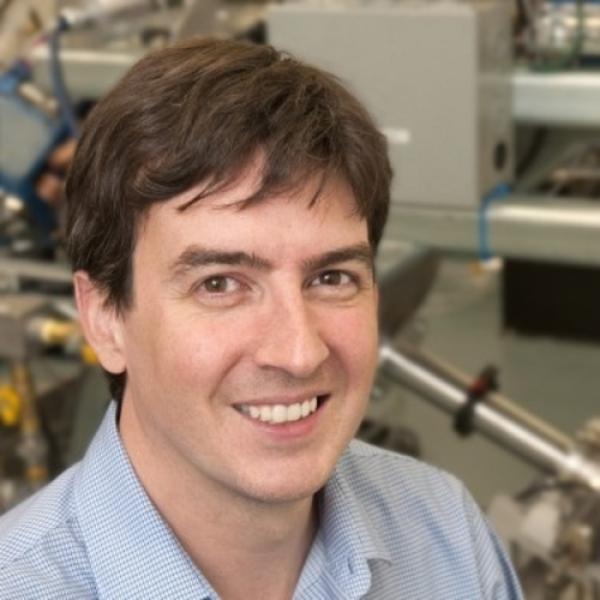Dr. François Bénard
Professor
Radiology
Dr. Bénard trained in medicine and nuclear medicine in Sherbrooke, Quebec. After undertaking a Research Fellowship in Positron Emission Tomography at the University of Pennsylvania, he is now the Head of Nuclear Medicine and Professor, Department of Radiology at the University of British Columbia, and holds the BC Leadership Chair in Functional Cancer Imaging at the University of British Columbia. He is also the Scientific Director of the Centre of Excellence for Functional Cancer Imaging at the BC Cancer Agency and a distinguished scientist at the BC Cancer Research Centre.
Research Focus
Dr. Bénard is an international leader in molecular imaging. His interests combine state-of-the art clinical care with a thriving translational research program in imaging and radionuclide therapy. His research focuses on the development of novel radiopharmaceuticals for cancer diagnosis and therapy, and the development of non-invasive methods to predict and monitor the response of primary and metastatic tumours to chemotherapy.
Example Project
“Targeted Radiopharmaceuticals to Improve Cancer Diagnosis and Treatment”
The purpose of this research is to develop novel imaging and therapeutic agents, which have radioactive tags ("radioisotopes") that bind to markers found specifically at the surface of cancer cells. This allows for them to be delivered to specific cancer sites, while avoiding healthy tissues. We then observe these markers using a sensitive imaging method known as PET that can be combined with other imaging methods such as CT or MRI scans. We developed several compounds that home in on cancer cells, with very high accumulation relative to healthy surrounding tissues. As part of this research, we will continue to develop and improve new compounds to deliver a radioactive payload to cancer cells, for diagnosis or treatment. We will focus on introducing these radiopharmaceuticals in early phase clinical trials, to set the stage to evaluate them across centres in Canada. We will use potent radioisotopes called alpha emitters, to kill cancer cells while minimizing damage to normal organs. Imaging probes that have exceptional signal in tumours, with minimal accumulation in normal tissue, are very promising for this purpose. The anticipated outcomes of this research program will be the introduction of novel imaging agents in the clinic, to benefit patients suffering from breast, prostate and other cancers.
Research Keywords
Nuclear Medicine, Positron Emission Tomography, Radiopharmaceuticals, Cancer Imaging
